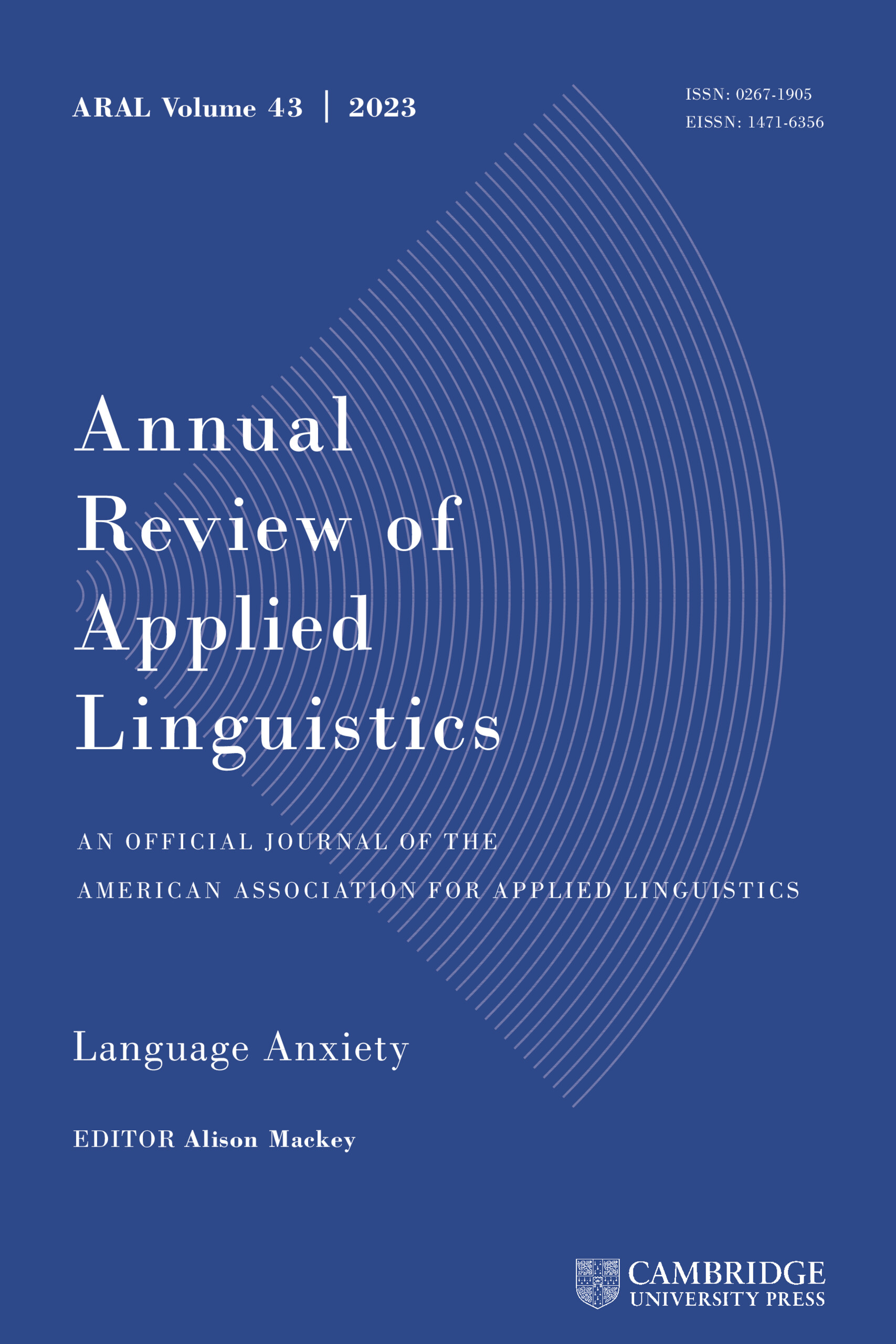Article contents
(Supra)National Identity and Language: Rethinking National and European Migration Policies and the Linguistic Integration of Migrants
Published online by Cambridge University Press: 13 March 2015
Abstract
In this paper we juxtapose the European Union's (EU's) supranational policies on language and migration with their recontextualisation into national policies of the linguistic integration of migrants in two EU member states, Austria and Greece. The EU member states adapt the European legislation according to their national laws (National Acton Plans) which have to also account for national traditions and national citizenship legislation. Moreover, we explore the national regulations on language testing and the linguistic integration of migrants in Austria and Greece which are part and parcel of the National Action Plans and which establish obstacles for migrants: Indeed, they function as gate-keepers. Hence, a context-dependent micro-level discourse analytic approach suggests itself.
The data for the analysis stem from legal and policy texts of the EU, Austria and Greece (regulations on citizenship, language education, testing and the linguistic integration of migrants). By employing the Discourse Historical Approach (DHA) of Critical Discourse Studies we analyze how specific EU regulations are implemented in national legislation; how migrants, who live in Austria and Greece are represented by the legislators, and finally how the respective national identities in the context of migration legislation are constructed.
- Type
- Research Article
- Information
- Copyright
- Copyright © Cambridge University Press 2015
References
ANNOTATED BIBLIOGRAPHY
Extramiana, C., Pulinnx, R., & Van Avermaet, P. (2014). Linguistic integration of adult migrants: Policy and practice draft report on the 3rd Council of Europe Survey. Strasbourg, France: Council of Europe.
This report provides the most recent statistics of language distribution in Europe Union (including migrant languages) and about the requirements of each European country for language and citizenship tests for people wanting to enter the country (in order to stay and work). This report is funded by the Council of Europe and was compiled by sociolinguists.
Krzyżanowski, M., & Wodak, R. (2011). Political strategies and language policies: The “rise and fall” of the EU Lisbon strategy and its implications for the union's multilingualism policy. Language Policy, 10 (2), 115–136.
This paper provides an excellent overview of the European Union's language policies for multilingualism, related to various dimensions of European and national identities. The paper traces the history of the EU's multilingualism policies and analyzes the various policy papers with the help of conceptual history and the Discourse-historical approach.
Musolff, A. (2010). Political metaphor and bodies politics. In Okulska, U. & Cap, P. (eds.), Perspectives in politics and discourse (pp. 23–42). Amsterdam, The Netherlands: John Benjamins.
This paper provides an excellent example of the metaphors which construct and represent national and nationalistic body politics; i.e. how conceptual metaphors serve to construe (and are subsequently internalized) the relationship between an imagined homogenous people, national identity and the nation state.
Wodak, R., de Cillia, R., Reisigl, M., & Liebhart, K. (2009). The discursive construction of national identity. Edinburgh, Scotland: EUP.
This co-authored monograph (in its revised and extended second edition) describes and explains the many discursive strategies employed for the discursive construction of imagined national identities. More specifically, the book focusses on and triangulates a range of data (media, speeches, focus groups, and interviews) in order to trace the discursive constructions of an imagined past, present and future of Austria's hegemonic identity. The theoretical framework and methodology, both developed for this study and subsequently applied to multiple other contexts, are presented in much detail, with many examples.
Wodak, R. (2015). The politics of fear: Understanding the Meanings of Right-wing Populism. London, UK: Sage.
This monograph is the first comprehensive study of right-wing populist rhetoric in Europe and the US. The book illustrates the renationalizing tendencies emerging in the wake of the rise of right-wing populist parties and the related body politics and identity politics. These politics and policies have a huge impact on national language policies and the adopted new legislation on migration.
REFERENCES
- 35
- Cited by




